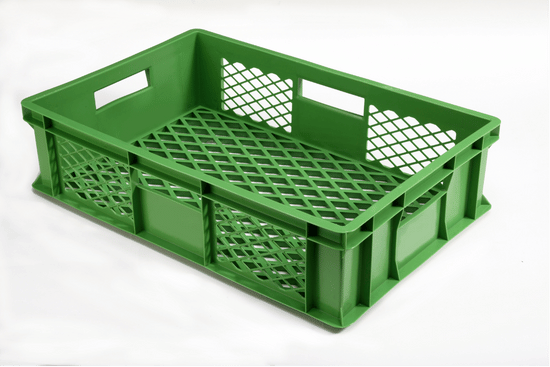
Properties and Overview of PPS (Polyphenylenesulphide)
Overview:
 PPS (Polyphenylenesulphide) is a high-performance engineering thermoplastic known for its exceptional thermal stability, chemical resistance, and mechanical strength. It is widely used in industries requiring materials that can withstand extreme temperatures, corrosive environments, and demanding mechanical stresses. PPS's unique combination of properties, including its inherent flame resistance and excellent dimensional stability, makes it a preferred choice for automotive, aerospace, electrical, and industrial applications.
PPS (Polyphenylenesulphide) is a high-performance engineering thermoplastic known for its exceptional thermal stability, chemical resistance, and mechanical strength. It is widely used in industries requiring materials that can withstand extreme temperatures, corrosive environments, and demanding mechanical stresses. PPS's unique combination of properties, including its inherent flame resistance and excellent dimensional stability, makes it a preferred choice for automotive, aerospace, electrical, and industrial applications.
Production:
The production of PPS typically involves the polymerization of p-dichlorobenzene and sodium sulfide under high-temperature conditions in a solvent medium. This process results in a semicrystalline polymer with a highly stable backbone consisting of alternating phenylene and sulfide units. PPS is often reinforced with fillers such as glass or carbon fibers to enhance its mechanical properties, including stiffness and wear resistance. The material can be processed through standard manufacturing methods like injection molding, extrusion, and compression molding, making it suitable for various applications.
Applications:
PPS's applications are diverse and span several industries due to its robust properties. In the automotive sector, PPS is used for under-the-hood components, such as coolant pumps, fuel system parts, and electrical connectors, where its resistance to heat, chemicals, and wear ensures long-term performance. In the aerospace sector, PPS finds applications in structural components and insulation materials, benefiting from its low weight, thermal stability, and flame resistance. The electrical and electronics industries rely on PPS for connectors, circuit boards, and housings, where its excellent dielectric properties and resistance to moisture and heat are critical. Additionally, PPS is used in industrial machinery for pumps, valves, and bearings, where its wear resistance and mechanical strength contribute to durability. Its use in filtration systems and chemical processing equipment underscores its ability to perform in harsh chemical environments.
Summary:
Polyphenylene Sulfide is a highly versatile and durable thermoplastic that combines exceptional thermal stability, chemical resistance, and mechanical strength. Its ability to withstand extreme conditions makes it an indispensable material in advanced engineering applications across multiple industries. As innovation continues pushing the boundaries of material science, PPS remains a key component in creating high-performance solutions that meet modern manufacturing and engineering challenges. Its enduring importance highlights its value as a cornerstone material in industrial and technological advancements.
See a comprehensive list of electrical, mechanical, physical and thermal properties for PPS (Polyphenylenesulphide) below:
Electrical Properties of PPS (Polyphenylenesulphide)
Unfamiliar with a property? Click it's description to be given a full definition in the GLOSSARY
See properties and overview for
ALLOYS and CHEMICAL ELEMENTS
popular in engineering
Require different units not displayed?
CONVERT VARIOUS UNITS HERE
Mechanical Properties of PPS (Polyphenylenesulphide)
Unfamiliar with a property? Click it's description to be given a full definition in the GLOSSARY
See properties and overview for
ALLOYS and CHEMICAL ELEMENTS
popular in engineering
Require different units not displayed?
CONVERT VARIOUS UNITS HERE
Physical Properties of PPS (Polyphenylenesulphide)
Unfamiliar with a property? Click it's description to be given a full definition in the GLOSSARY
See properties and overview for
ALLOYS and CHEMICAL ELEMENTS
popular in engineering
Require different units not displayed?
CONVERT VARIOUS UNITS HERE
Thermal Properties of PPS (Polyphenylenesulphide)
Unfamiliar with a property? Click it's description to be given a full definition in the GLOSSARY
See properties and overview for
ALLOYS and CHEMICAL ELEMENTS
popular in engineering
Require different units not displayed?
CONVERT VARIOUS UNITS HERE
 ADDED TO MY FAVORITES!
ADDED TO MY FAVORITES! REMOVED FROM MY FAVORITES!
REMOVED FROM MY FAVORITES!